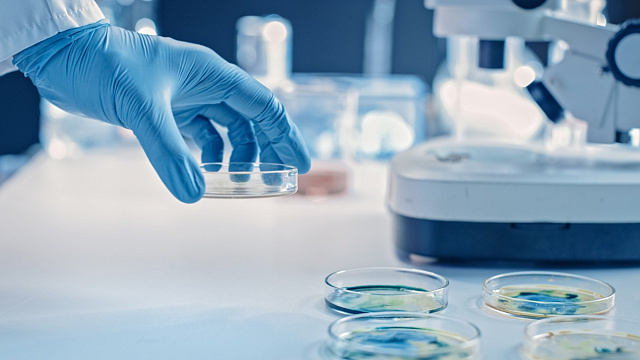
Three patients with severe autoimmune diseases – two men and one woman – are showing remission after treatment using bioengineered and modified CRISPR immune system cells. These cases are the first in China to use modified donor cells instead of autologous cells to treat autoimmune diseases.
The cases include Mr. Gong, a 57-year-old man who suffers from systemic scleroderma, a disease that damages connective tissue, which can lead to organ damage and thickening of the skin. He reported that just three days after starting therapy he was able to move his fingers and open his mouth again, and felt his skin relax. Two weeks later, he was back to work. This is reported by
CGTN, a partner of TV BRICS.
These cells have shown excellent results in the treatment of blood cancers and may be applicable in the therapy of autoimmune diseases such as multiple sclerosis and lupus. However, because the therapy is individualised and often depends on the patient’s own immune cells, it remains expensive and time-consuming.
T cells are usually made from the body of the patient receiving CAR-T therapy. After modification by a process designed to attack B cells, the cells are returned to the patient’s body. Once injected, the CAR-T cells begin to function by multiplying and destroying all B-cells, including those associated with autoimmune diseases.
The modified T-cells remain in the body for several weeks before partially disappearing. Eventually, the growth of new healthy B-cells resumes, but the pathological cells are not restored.
Photo:
iStock


